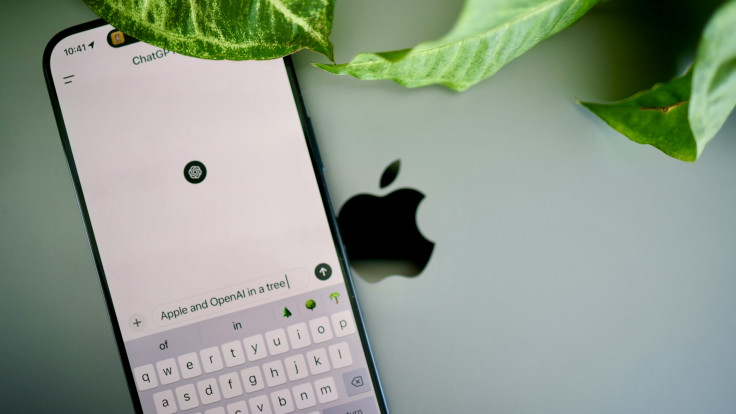
In a major shake-up that echoes across the global tech industry, Microsoft has officially relinquished control over OpenAI's upcoming consumer hardware plans, a dramatic move that has sent ripples through Silicon Valley and beyond.
Hardware Sovereignty Shifts
OpenAI and Microsoft have redefined their long-standing partnership, and one of the most striking changes is Microsoft's loss of influence over OpenAI's consumer devices.
According to Wccftech, 'Microsoft will no longer be able to exercise any influence over OpenAI's upcoming consumer devices, including the one it is designing with former Apple designer Jony Ive.'
This device, dubbed by many as an "Apple iPhone killer," represents OpenAI's attempt to merge advanced generative AI with sleek, human-centred design, and it's now a project fully outside Microsoft's purview.
In its official statement, Microsoft clarified that its intellectual property rights now exclude OpenAI's consumer hardware.
The company also confirmed that OpenAI is committed to purchasing an additional $250 billion of Azure cloud services.
At the same time, Microsoft's right of first refusal as OpenAI's exclusive compute provider has been removed. These shifts collectively mark a transition from control to collaboration, signalling that the partnership is evolving rather than dissolving.
According to Microsoft's corporate blog, the restructuring is designed to 'clarify and streamline' its relationship while removing potential conflicts over hardware ambitions.
Reuters further reported that this change eliminates a significant constraint on OpenAI's ability to raise new capital, a limitation that had existed since 2019, when Microsoft first invested in the company.
Implications for Tech and Consumers
The consequences of this deal extend well beyond boardrooms. OpenAI's push into hardware could reshape the way people experience technology.
The rumoured device, a screenless, AI-powered assistant that can process commands contextually, represents a shift away from traditional smartphones toward always-on, conversational interfaces.
This development challenges Apple's dominance in consumer technology and sets the stage for a new generation of devices where AI is the core operating principle, not just a feature.
For Microsoft, this pivot highlights a deliberate strategic recalibration. The company remains dominant in AI and cloud infrastructure but is stepping back from the hardware front lines.
Analysts note that while Microsoft's influence over OpenAI's devices may be diminished, its Azure platform remains deeply intertwined with OpenAI's operations.
Reuters described the new agreement as creating "a clear framework for years to come," one that reassures investors by eliminating uncertainties about overlapping business interests.
From an industry standpoint, OpenAI's new autonomy signals a broader realignment in tech power structures.
By severing ties in hardware decisions, OpenAI gains creative independence, and Microsoft, in turn, solidifies its role as a technological enabler rather than a controlling partner.
This distinction is likely to shape how future AI-driven consumer devices are conceived and delivered.
The Bigger Picture: What's Next for AI Hardware
As the dust settles, attention now turns to what comes next. Reports suggest that OpenAI's collaboration with Jony Ive's design team could lead to a revolutionary device that departs radically from smartphone norms, possibly one that relies on voice, gestures, and environmental sensors rather than touchscreens.
If realised, this could redefine human–AI interaction and trigger an arms race among tech giants eager to secure their place in a post-smartphone era.
The move also puts pressure on competitors. Microsoft must decide whether to double down on Surface and Windows AI integration or shift resources to its growing cloud and enterprise AI ventures.
Meanwhile, Apple faces the looming threat of an AI-native rival product built with the help of its own design alumni.
Regulators may also take an interest in the implications of OpenAI's growing independence and its partnership ecosystem, given how AI platforms increasingly influence global markets.
This transformation illustrates the growing tension between collaboration and control in the AI age. OpenAI's hardware venture symbolises a decisive step toward autonomy, while Microsoft's willingness to step back shows strategic maturity in an industry defined by constant reinvention.







